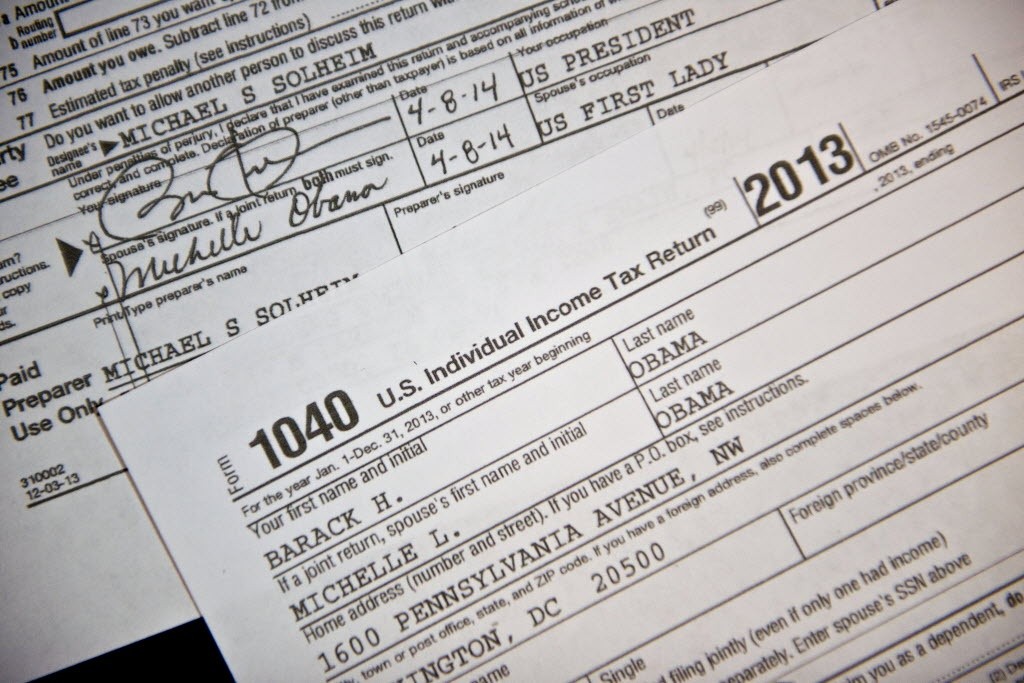Best Uses for Your Client s 2015 Tax Refund
Post on: 2 Июнь, 2015 No Comment

Although it’s generally best for your clients to get a relatively small tax refund (or else to owe just a small amount), clients who do get a large amount back from either their federal or state tax returns will need to decide how it can best be spent. In some cases, the best choice will be fairly obvious, while for others this may be a much harder decision. Of course, as their financial advisor. you can suggest several constructive alternatives for this windfall.
Pay Off Debt
Clients who owe substantial balances on credit cards that are charging a high rate of interest are probably best served by directing their refunds to this debt. Credit card interest is nondeductible and may be as high as 30% in some cases. A refund that is big enough to wipe out one or two card balances can save your clients hundreds of dollars in interest payments. (For more, see: Should You Tap into Savings to Pay Off Debt? )
Save for Retirement
Clients who get a few thousand dollars back may want to consider contributing to a traditional or Roth IRA. This will leverage their refunds over the course of their lives as that money grows until retirement, and can also provide them with a tax deduction for traditional contributions. If your clients have already made the maximum possible contributions to their IRAs for 2015, then consider suggesting that they open an IRA for one or more of their kids. This can give them a head start on their own retirements and also help them to start learning about money and investments. (For related reading, see: New 2015 Contribution Limits: Advisors Take Heed .)
Save for College
If higher education expenses are looming or already here for clients, then paying tuition or other fees or socking the money away in a college fund may be the way to go. Opening or adding to a 529 Plan or Coverdell Education Savings Account can help to defray expenses and provide additional deductions in some cases. (For related reading, see: How to Get Clients to Save More .)
Give to Charity
Making a charitable contribution can not only help to serve others but may also enable your client to itemize deductions when they file next year if they are not usually able to do so. Make sure that they save all of their other receipts for charitable gifts throughout the year, along with unreimbursed medical and employee expenses, personal property taxes and mortgage interest and real estate taxes that are paid by Dec. 31. (For related reading, see: Give to Charity; Slash Your Tax Payment .)

Cash is King
If your clients don’t have an emergency fund established, then their tax refund may be just the remedy for this shortfall. Having a few months of expenses in an emergency fund will help them to prepare for those unexpected expenses that come up, such as car repairs, medical bills and the like. You may want to suggest a vehicle slightly more exciting than a savings account or money market fund for at least some of it if your clients are sophisticated enough, such as an exchange-traded fund (ETF) that follows a broad bond index. This can generate a bit more interest for them than a cash account with moderate risk and still keep their funds relatively liquid. (For related reading, see: Five Tax Law Changes in 2015 You Need to Know .)
Let it Grow
If your clients would like to invest the money but keep it available to use before retirement, then buying shares of stock may be a wise option. They can get long-term growth with minimal taxation (or none if the stock doesn’t pay dividends ) until the shares are liquidated. Then they will be eligible for capital gains treatment as long as they held the shares for more than a year. (For more, see: Why the 4% Rule No Longer Works for Retirees .)
The Bottom Line
Clients have many options to choose from when they receive their income tax refunds. Helping them to select the option that will get them the most bang for their buck can help them to see your value as their advisor and achieve their own financial goals. (For related reading, see: Tax Tips for Financial Advisors .)














